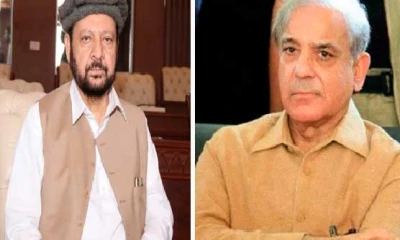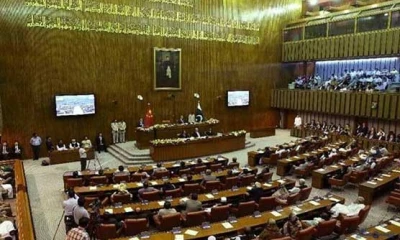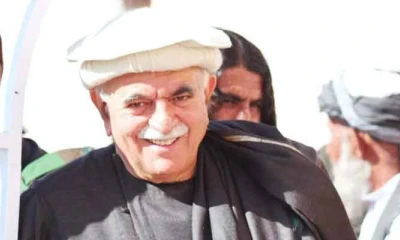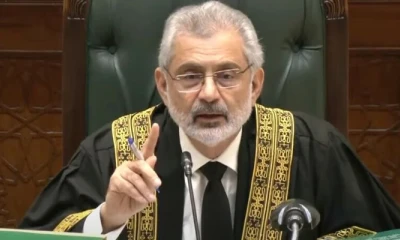Pakistan
SC grants conditional authority to military courts to pronounce reserved judgements
The court has ordered that judgments should be pronounced only in those cases in which the nominees can be released before Eid-ul-Fitr.
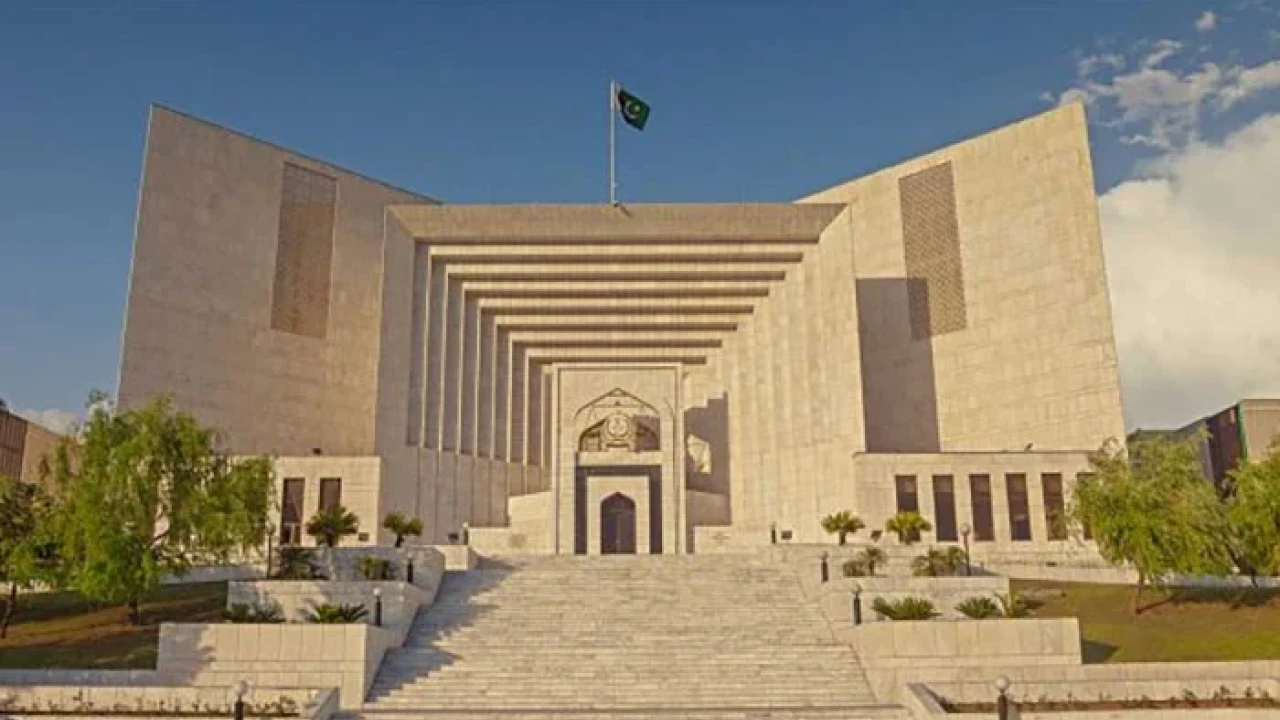
Islamabad: The Supreme Court of Pakistan, while hearing intra-court appeals against military courts, granted conditional permission to military courts to pronounce reserved judgments.
According to the details, a six-member larger bench headed by Justice Aminuddin Khan is hearing the case, including Justice Muhammad Ali Mazhar, Justice Hassan Azhar Rizvi, Justice Shahid Waheed, Justice Musarat Hilali and Justice Irfan Saadat Khan.
At the beginning of the hearing, the Attorney General of Pakistan (AGP) Mansoor Usman Awan revealed the possibility of releasing 15 to 20 accused from the special courts.
The Attorney General informed the court that acquitted and those with lesser sentences will be released with concessions, a total of 105 accused are in the custody of the army.
He said that for the release of the accused, three stages will have to be passed. The first stage will be the pronouncement of reserved judgment, the second stage will be its confirmation and the third stage will be the granting of concessions to those with lesser sentences by the Chie of Army Staff.
The Attorney General pleaded with the court to allow the special courts to pronounce reserved judgments, on which Justice Aminuddin Khan remarked: “Even if the permission is granted, it will be subject to the final decision of the appeals”.
Justice Hassan Azhar Rizvi asked for the names of those who are to be released. On this, the Attorney General replied that the names cannot be given until the verdicts are received from the special courts. Those whose sentence is one year will be exempted.
Barrister Aitzaz Ahsan, present in the courtroom, said that he was disappointed after hearing the words of the Attorney General.
Lawyer Faisal Siddiqui stated that if these accused were in ordinary courts, they would have been released by now. Justice Muhammad Ali Mazhar inquired if they want to try the cases in Anti-Terrorism Courts (ATC), saying that there is no punishment less than 14 years in anti-terrorism.
Faisal Siddiqui said that if there was an ATC, the accused would have been granted bail by now, there is no evidence in these cases.
Justice Shahid Waheed inquired what provisions have been made in the First Information Report (FIR). AGP Mansoor said that provisions of Official Secrets Act and Anti-Terrorism have been imposed in the FIR.
Justice Shahid asked that why we should not give bail to these accused and suspend their sentences.
The Attorney General added that in order to suspend the sentence, the sentence must be pronounced first, bail can be granted only when the court says that the law cannot be applied.
Meanwhile, the Supreme Court gave conditional permission to military courts to pronounce reserved verdicts.
The court remarked that judgments should only be pronounced in cases in which the nominees could be released before Eid. Attorney General assured that legal concessions will be given to those with lesser sentences. Permission to pronounce judgment shall be subject to final decision on appeals.
Supreme Court directed the AGP to submit the implementation report to the registrar and remarked that further hearing would be held in the fourth week of April.
Faisal Siddiqui said that it should not happen that after the release, they again get arrested under Maintenance of Public Order (MPO).
-
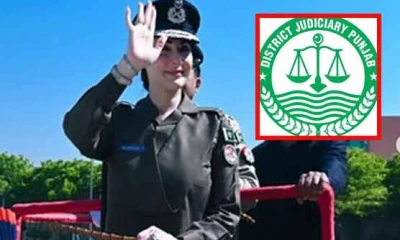
 Pakistan 1 day ago
Pakistan 1 day agoPetition to file case against Punjab CM for wearing Police uniform
-
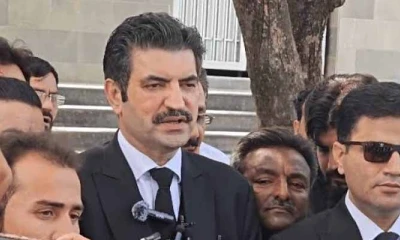
 Pakistan 1 day ago
Pakistan 1 day agoMarwat says, ‘Imran scolds me over Saudi Arabia statement’
-

 Sports 2 days ago
Sports 2 days agoFourth T20I match: Imad can be part of Pakistan’s squad against New Zealand
-

 Entertainment 2 days ago
Entertainment 2 days agoActor Madiha Rizvi remarries after 1.5 year of divorce
-
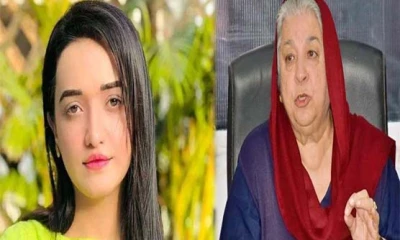
 Pakistan 1 day ago
Pakistan 1 day agoPML-N office burning case: Sanam, Dr. Yasmin, others summoned for indictment
-
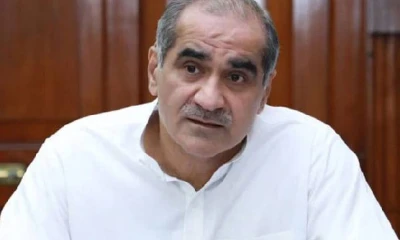
 Pakistan 1 day ago
Pakistan 1 day agoSaad Rafique terms Ali Amin’s threat as serious matter
-

 Business 23 hours ago
Business 23 hours agoGold price high by Rs2500 per tola in Pakistan
-

 Sports 2 days ago
Sports 2 days agoPak vs NZ: Muhammad Rizwan, Irfan Khan ruled out of T20I series




